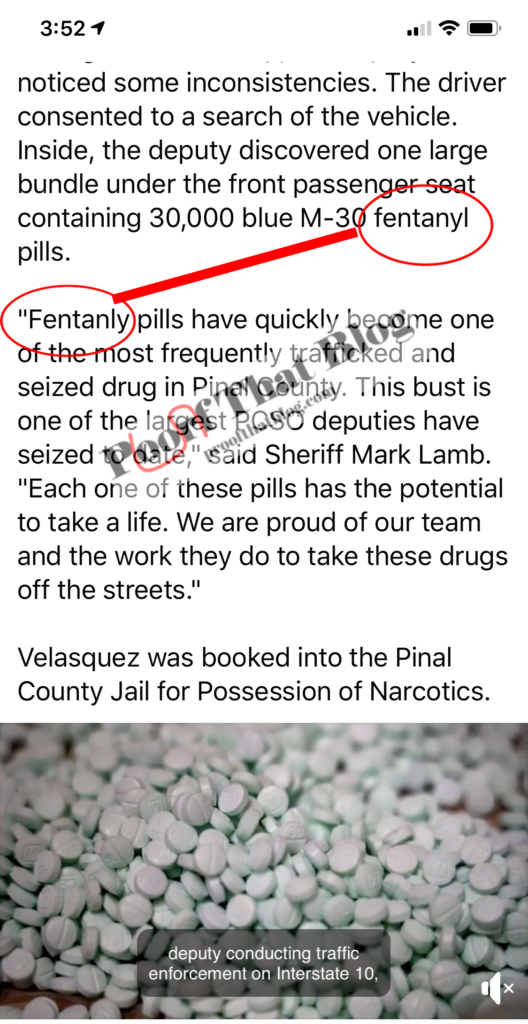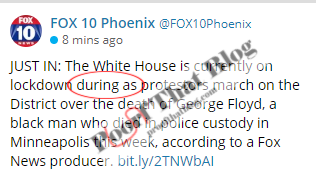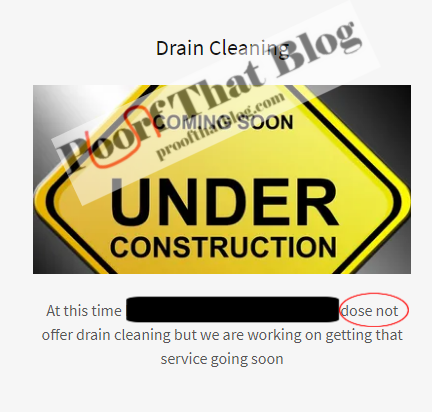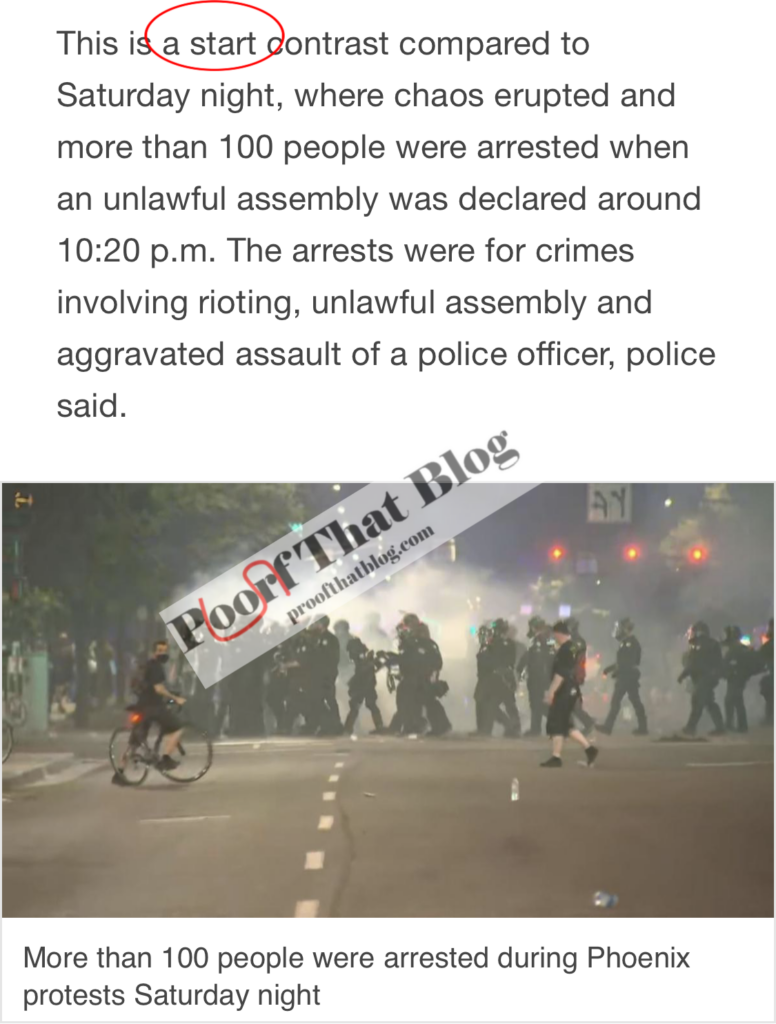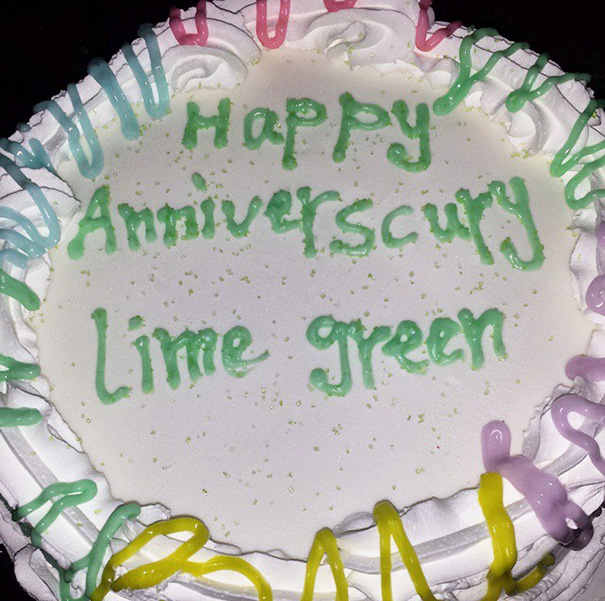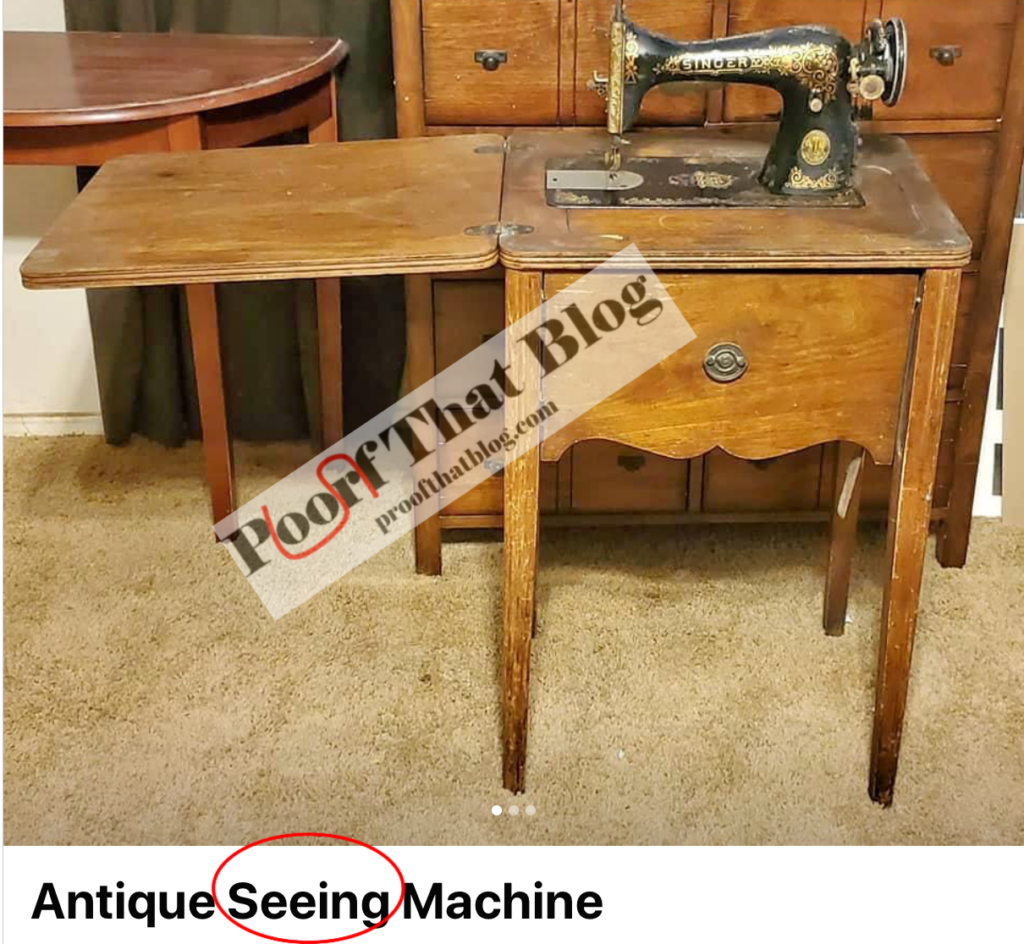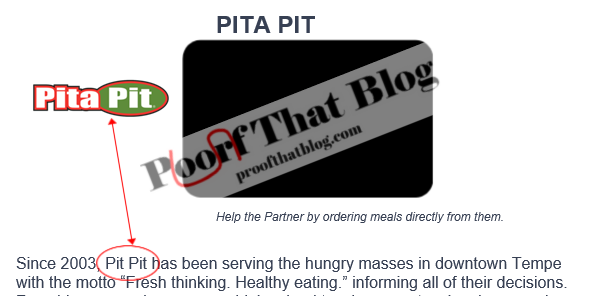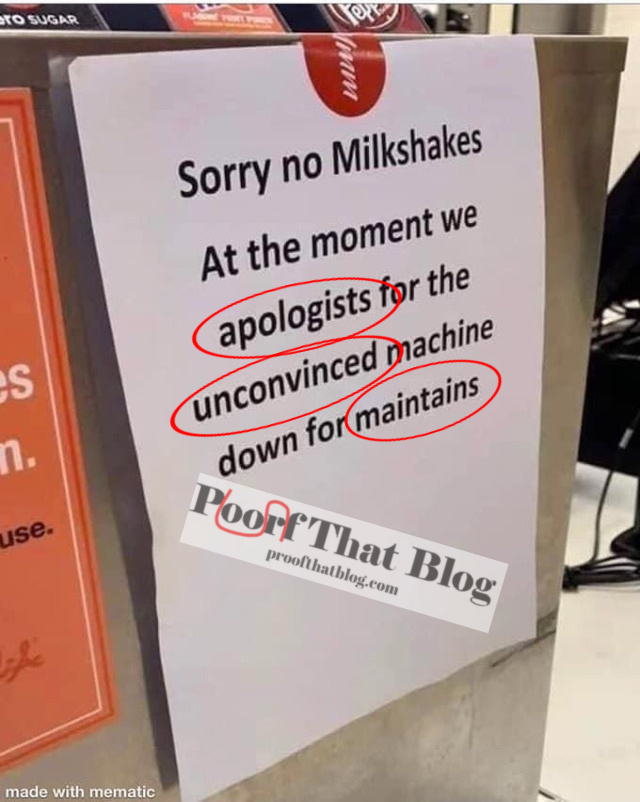It’s time for “Confusing Words of the Month” where I take a set of two or three words that get confused and give you definitions and try to give you a memory trick to help you remember when to use which word. If you have words that confuse you, use the Ask PTB tab on the website or send an email to proofthatblog@gmail.com and they may appear here soon!

This month’s words are:
- flaunt – to display showily
- He was trying to flaunt his new sportscar to his friends.
- flout – to treat with contempt
- Because she didn’t like the school principal, she decided to flout his rules.
Memory tips:
- flaunt – Think of laun as launch because they want to launch their possessions out as far and as high as possible so everyone can see them flaunt it.
- flout – Use the out piece of the word to remember they are treating the thing like they want it out of their life.


 Follow
Follow